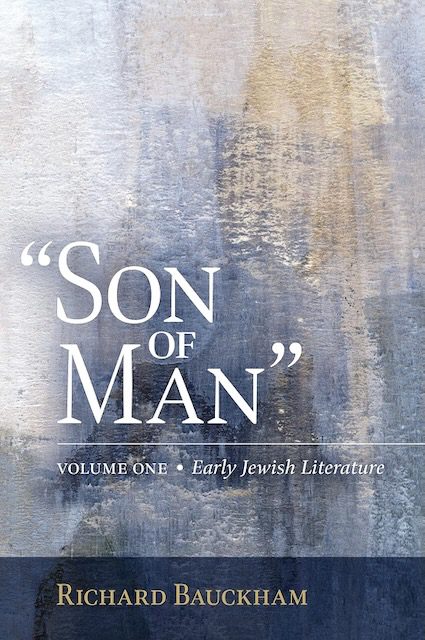Q. One of your major methodological commitments is to let each of the texts you are dealing with be treated on its own basis and in its own context, without reading back into it later ideas, or even modern scholarly notions that have in fact involved over-reading or misreading the material. This is all the more important, if as you argue, texts like the Parables of Enoch and 4 Ezra come from the late first or early second century which in turn means they could not have influenced the historical Jesus, or presumably any of the early Gospel traditions, including presumably the Gospels of Mark and Matthew at least. Explain a bit as to why this approach is important, and why you want to resist in this first volume reflecting on these early Jewish texts in light of the NT materials of relevance.
A. Not only must we avoid reading back later ideas into earlier texts, we must also avoid the fallacy, quite common among New Testament scholars, that the way modern Old Testament scholars (or those of us who have read them) read the Old Testament must be the way Jews in the late Second Temple period would have read it. (That also means we must not assume that the New Testament writers read the Old Testament in the way we do.) For this reason I have not provided a historical exegesis of Daniel 7 or said anything at all about the original meaning of the text. I am concerned with how the text was interpreted by later Jewish exegetes, and do not want my readers to be prejudiced by whatever they consider to be the “correct” reading of Daniel 7. As for the relevance of later to earlier texts, I do not think it should be ruled out entirely. To some extent I think all the Jewish writers I discuss in this volume were working within a common tradition of interpreting Daniel 7. But each has its own version of that tradition, often a quite creative version, that may well be influenced by its date, e.g. after the destruction of the temple in 70. What I am quite careful to do is to track which texts of the Hebrew Bible each do with what the writer has brought into connection with Daniel 7. Variations in Jewish messianism have a lot to do with what the specific passages of the Hebrew Bible contribute to each depiction of a messianic figure. (This is also important for New Testament study.)














